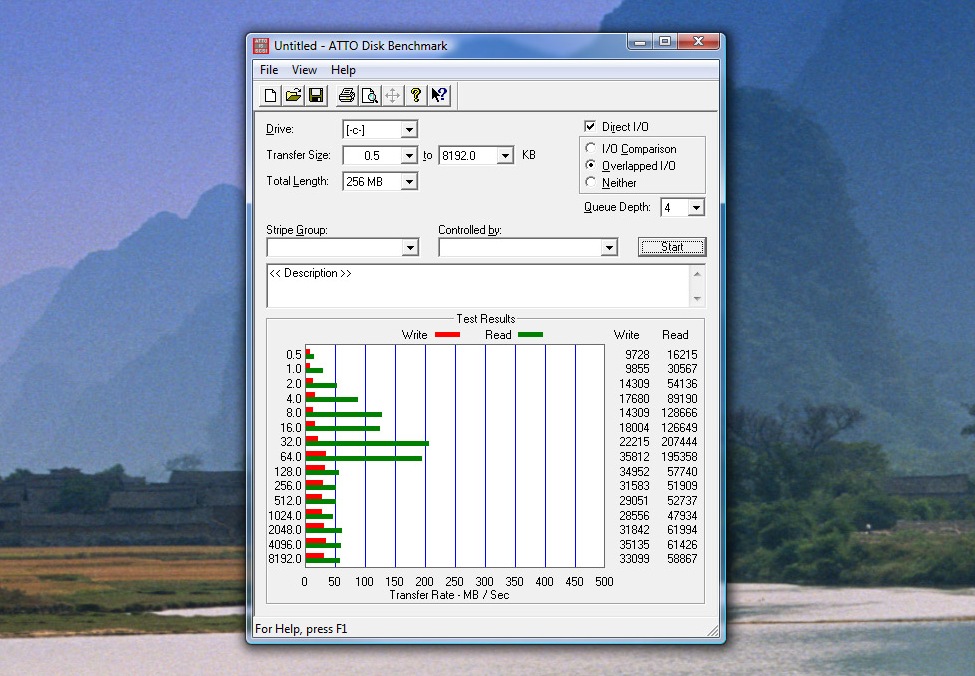Are Intel's solid state drives broken?
Evidence of chronic performance degradation with heavy use

Intel's X25-M solid state disk drive was one of the performance revelations of 2008. But evidence is now emerging that the drives suffer from near catastrophic performance degradation over time.
A recent report by website PC Perspective suggests that due to a combination of the way the X25-M handles write commands and the wear-leveling algorithms Intel has implemented, both read and write speeds decline markedly with heavy use.
To test the theory, we fired up one of our X25-M test SSDs. We chose a drive that had experienced heavy use as a main operating system drive since early November last year. Sure enough, its performance is well, well down on the numbers the same drive produced when new.
Poor benchmark results
As the screen grab of Atto disk benchmark shows, the drive no longer hits a maximum of 250MB/s for sustained reads. In fact, with data sets above 64MB, performance falls off to just 50MB/s.
As for write speeds, the drive performs a little more consistently - consistently badly, that is. Out of the box, an X25-M will record 75MB/s write speeds for most data sizes. Our drive now struggles to achieve half of that figure.
For now, it seems there is no immediate solution to the problem. According to PC Perspective, even deep erasing the disk does not fully return it to its former glory.
Get daily insight, inspiration and deals in your inbox
Sign up for breaking news, reviews, opinion, top tech deals, and more.
Earlier today, Intel told us it is currently looking into the problem but has been unable to reproduce these results so far. In a statement to PC Perspective, it also claims that, "in our estimation, the synthetic workloads they use to stress the drive are not reflective of real world use."
Perhaps, but even in the context of synthetic benchmarks, the performance drop off is worrying. As for our personal experience of the drive, we had felt subjectively that performance had dropped of slightly over time, though nothing like as dramatically as the benchmark numbers indicate.
In hindsight, the X25-M's apparent woes are not enormously surprising. It's still early days for SSD technology and pretty much every drive currently available suffers from a few foibles.
In the long run, we've little doubt Intel will address and solve the problem. But for now – and given the hefty price Intel charges for the X25-M - we can only recommend buyers steer clear. Exactly what the implications are for existing owners is another matter altogether...
Technology and cars. Increasingly the twain shall meet. Which is handy, because Jeremy (Twitter) is addicted to both. Long-time tech journalist, former editor of iCar magazine and incumbent car guru for T3 magazine, Jeremy reckons in-car technology is about to go thermonuclear. No, not exploding cars. That would be silly. And dangerous. But rather an explosive period of unprecedented innovation. Enjoy the ride.